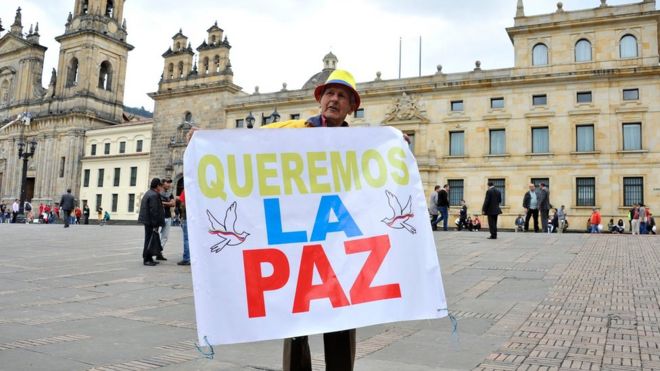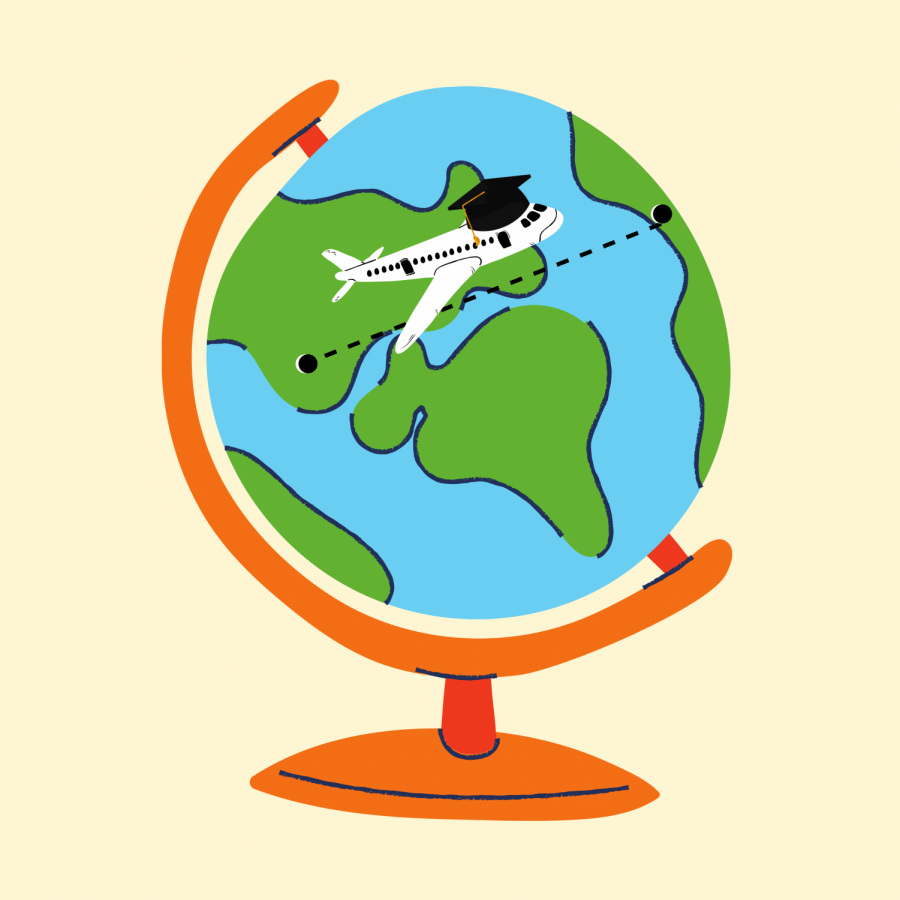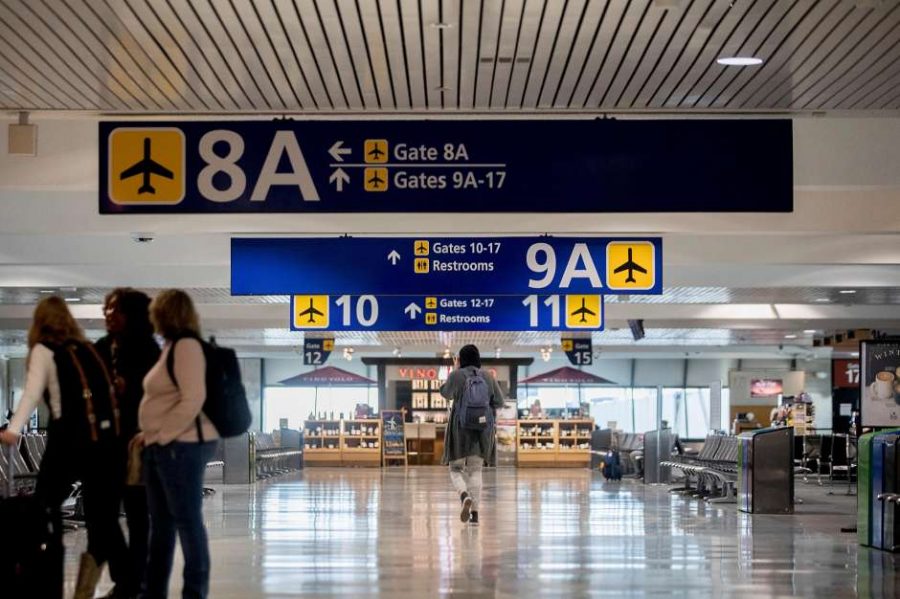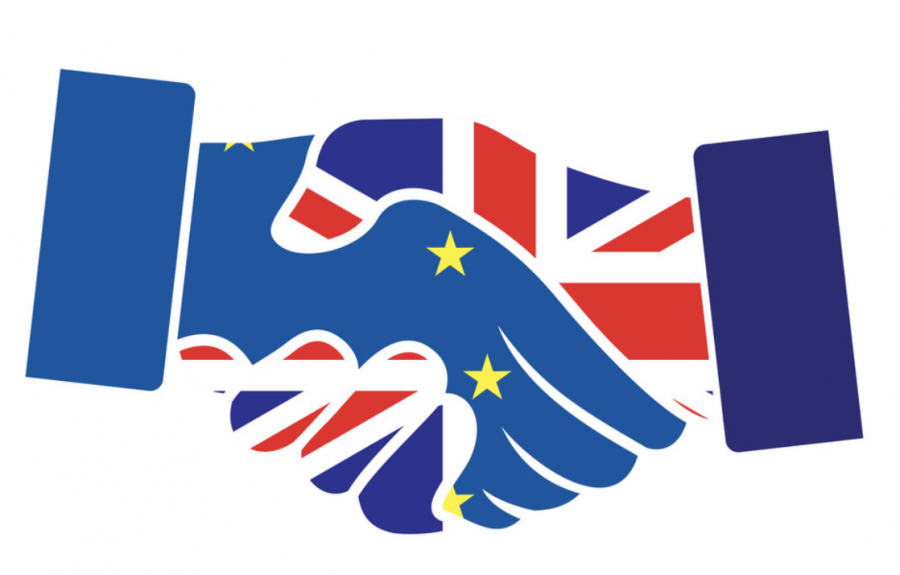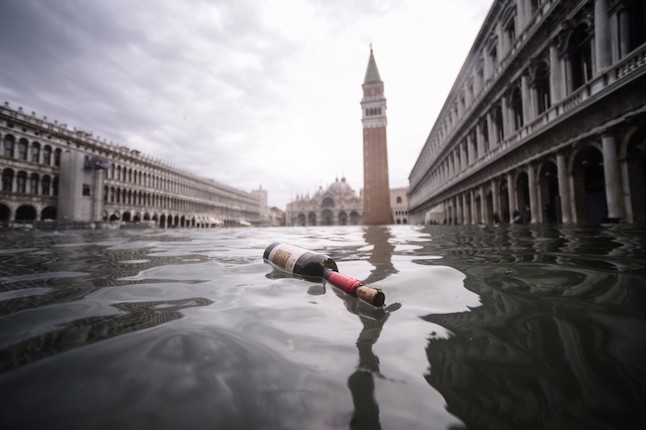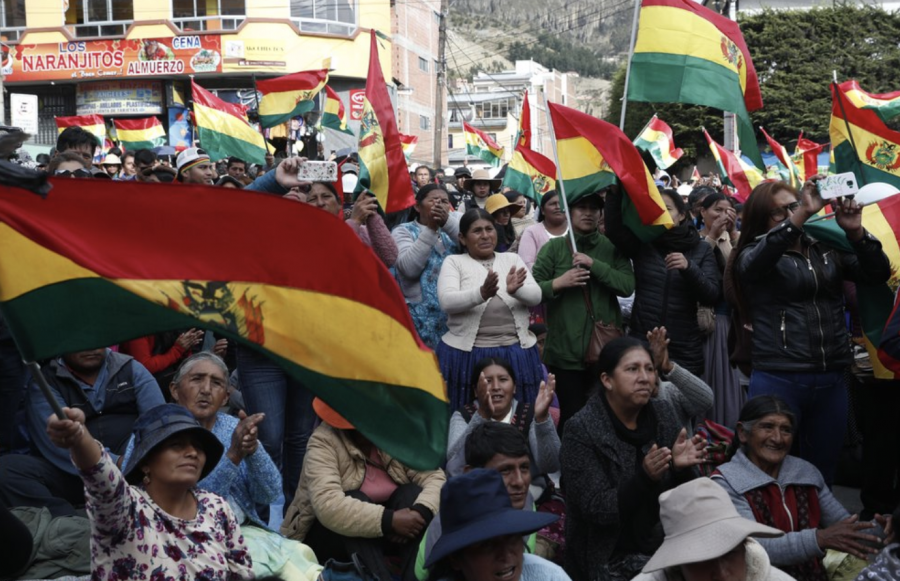By Sophia Simeone
Staff Writer
1. Former Cuban President and revolutionary leader Fidel Castro died on Thursday at the age of 90. Castro rose to power in the revolution of 1959 and ruled Cuba for the next 49 years, admired by some for his leftist policies but loathed by many others for his despotism. As his brother, Raul Castro, has been in power for eight years, experts say it is unlikely that Fidel Castro’s passing will affect Cuban foreign policy. However, some speculate that his presence behind the scenes may have held Cuba back from opening up more negotiations with the United States.

2. Houthi rebels in Yemen announced the formation of a new government on Monday, which they said was comprised of people from “all walks of the political spectrum who are anti-aggression.” Since March 2015, a Saudi-backed coalition has been bombarding Houthi territories with airstrikes, causing widespread death and destruction. The formation of the new government is expected to complicate efforts in the United Nations to negotiate peace in a country devastated by civil war.
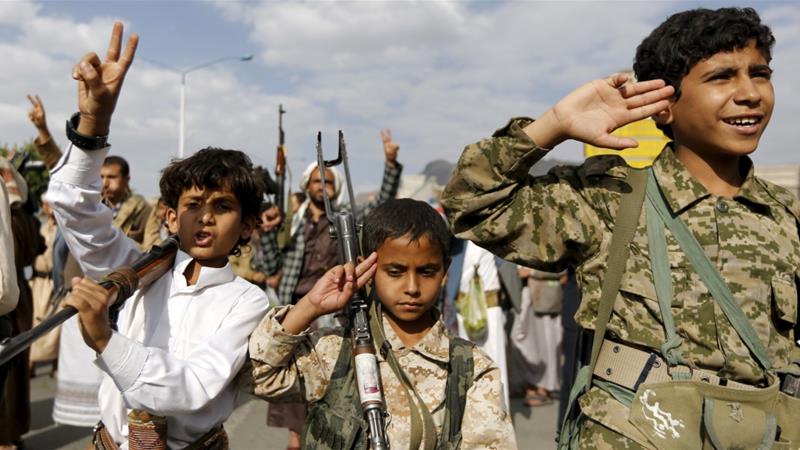
3. After weeks of public outrage and calls for impeachment, President of South Korea Park Geun-Hye said on Tuesday that she was willing to resign before the end of her term. In October, investigations into the business dealings of Mrs. Geun-Hye’s long-time friend, Choi Soon-sil, revealed far-reaching corruption. Soon-sil is charged with using her influence with the President to extort millions of dollars. “I am giving up everything now,” Mrs. Geun-Hye said in a televised address, expressing hope that her offer would “put the country back on track.” Opposition groups called the announcement, “a sly trick to avoid impeachment.”

4. President Recep Tayyip Erdogan threatened on Friday to open Turkey’s border with Bulgaria, unleashing a flood of migrants on European countries. The threat came in response to the European Parliament’s move to suspend negotiation of Turkey’s admission to the European Union. “You did not keep your word,” said the President during a speech in Istanbul. “Look at me—if you go further, those border will be open. You should know that.” The United Nations estimates that 2.7 million refugees currently reside in Turkey, but other estimates are higher.

5. In recent weeks, accusations of conflicts of interest have been leveled against President-elect Donald J. Trump due to his extensive international business holdings. Trump has business interests or real estate holdings in at least 20 foreign counties. Former government officials have expressed concerns that American foreign policy could be impacted by Trump’s financial ties. “I’ve built a very great company and it’s a big company and it’s all over the world,” Trump boasted to the New York Times on Tuesday.

6. The military campaign to retake the city of Mosul, Iraq, is now in its sixth week, and the risk to human security is steadily increasing. According to the United Nations, almost 70,000 people have been displaced in the conflict. Since the war against the Islamic State began, over three million Iraqi citizens, most of which are Sunnis, are believed to have been driven from their homes. Most experts estimate that the fight in Mosul will stretch on for months to come.
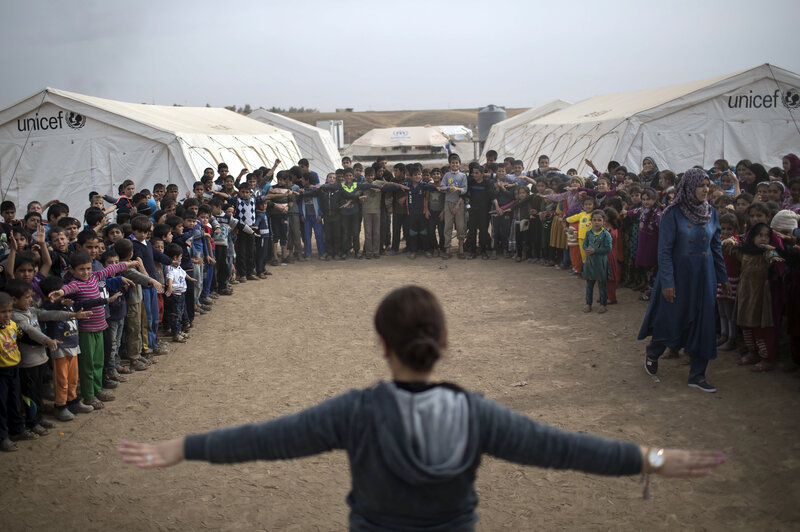
7. The Colombian government signed a peace deal with the rebel group Revolutionary Armed Forces of Colombia (FARC) on Thursday. A similar deal was proposed in early October, but was defeated by Colombian voters in a countrywide referendum. This time around, the agreement will be reviewed and voted on in Congress, where it has much more popular support. “On signing this agreement, as president of all Colombians, I want to invite all, with an open mind and open heart, to give peace a chance,” said President Juan Manuel Santos at the signing ceremony in Bogotá.
